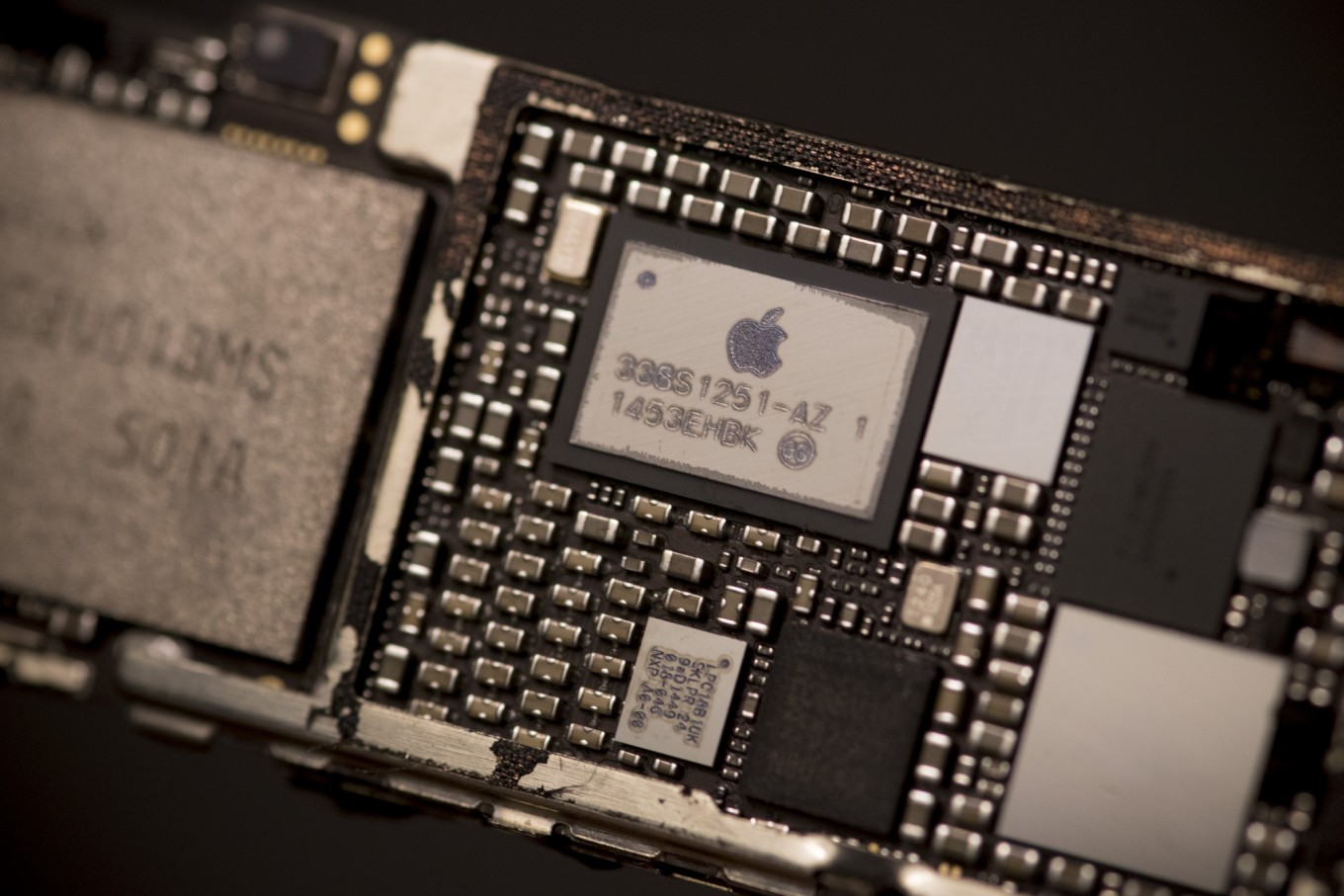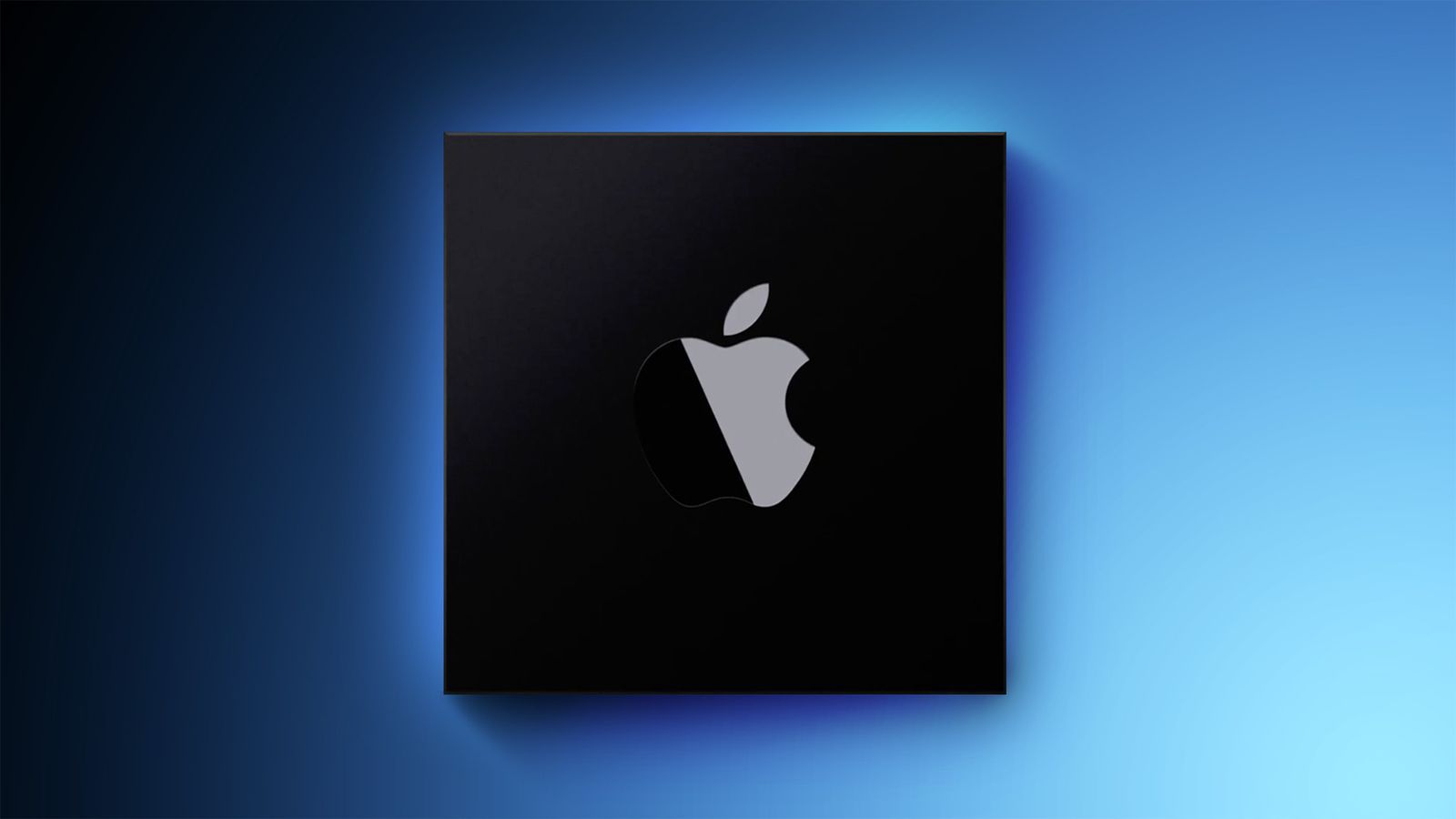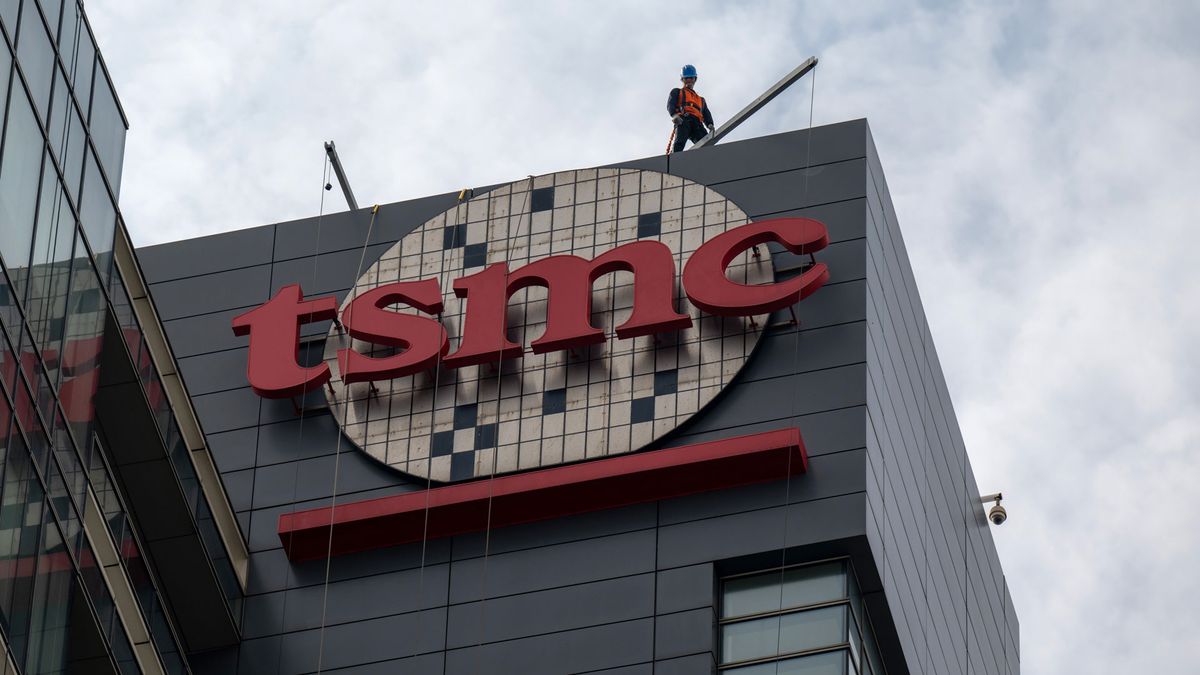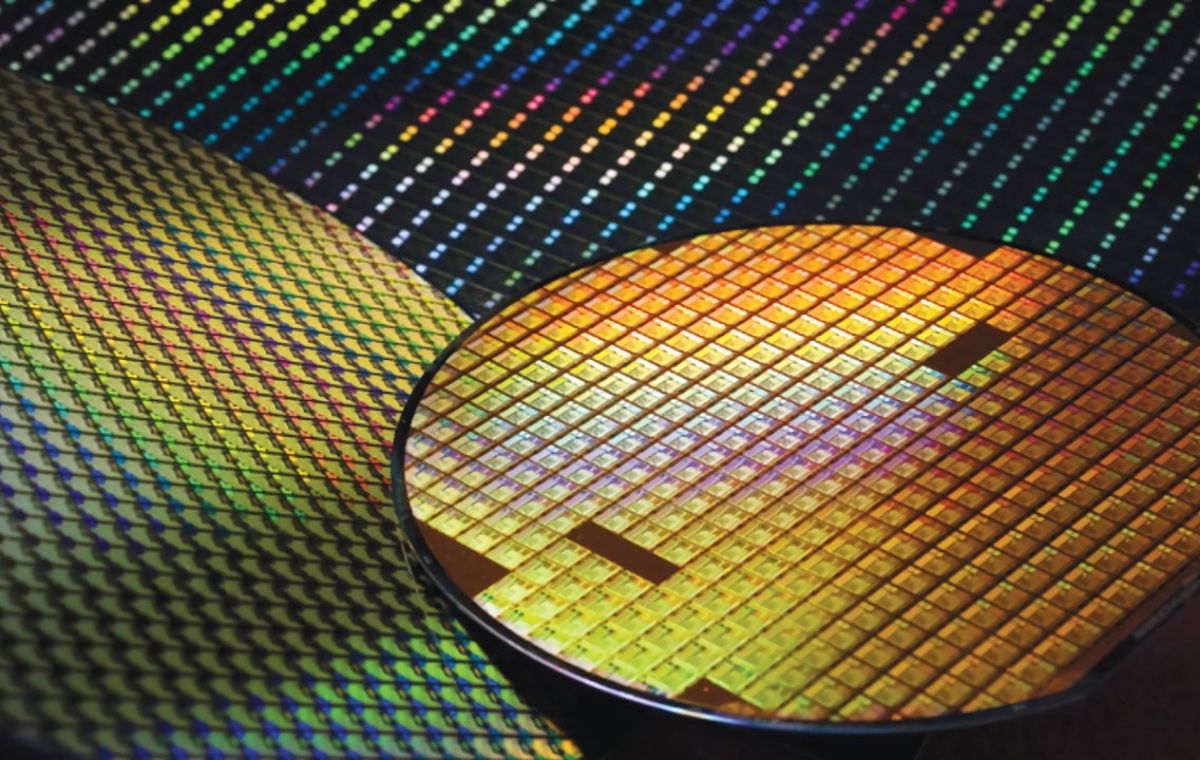Highlights
- Apple books 2nm chip capacity from TSMC for future devices
- COO Jeff Williams met TSMC president to secure long-term supply
- 2nm node mass production begins in late 2024
- Apple’s strategy ensures technical lead in mobile and AI silicon
A new report says that Apple is looking to secure supplies of the latest chips from manufacturing partner TSMC in the long term.
Citing sources, Economic Daily News in Taiwan reports that Apple COO Jeff Williams recently met secretly with TSMC’s president to book manufacturing space for the chipmaker’s next 2nm processing node.
Apple books entire 2nm chipsets?

As TSMC’s most important customer, Apple often gets preferential treatment.
For instance, the tech giant last year booked all the initial 3nm output for the iPhone 15 Pro’s A17 chip, the world’s first and currently only 3nm mobile processor.
Apple is rumoured to achieve this feat by securing 2nm capacity ahead of time.

The idea is to assure future supply for Apple’s flagship A-series chips that power iPhones but also for its M-series processors for Macs and iPads, not to mention new AI chips for cloud data centers.
Whereas sophisticated AI workloads will remain in the cloud, Apple aims at stressing on-device AI, where bespoke hardware will keep user data private and performance lightning-fast.

TSMC’s 2nm node is still a year away from mass production, which begins in late 2024, so Apple is taking the long view in securing extraordinary capacity reservations years ahead of time.
But such foresight has already paid off, keeping Apple’s products at the bleeding edge of mobile silicon innovation.

For consumers, the implications are clear – Apple will likely maintain its technical lead over rivals when it comes to packing powerful chips into its latest smartphones, tablets and computers.
Though it requires stringent supply chain management, securing elite manufacturing capacity lets Apple keep pushing boundaries.
FAQs
What has Apple done to secure future chip supplies?
Apple has booked manufacturing space at TSMC for their next 2nm processing node, ensuring a steady supply of advanced chips for future devices.
Why is Apple securing 2nm chip capacity from TSMC?
Apple aims to guarantee the availability of cutting-edge chips for its A-series, M-series processors, and new AI chips, maintaining its technical lead in the market.
When will TSMC’s 2nm node enter mass production?
TSMC’s 2nm node is expected to enter mass production in late 2024.
How does securing 2nm chips benefit Apple consumers?
Securing 2nm chip capacity ensures Apple can continue to deliver powerful, efficient, and advanced devices, keeping their products at the forefront of technology.
How does Apple’s strategy affect its competition?
By securing advanced chip manufacturing capacity, Apple maintains its competitive edge, potentially staying ahead of rivals in technological advancements.
Apple COO Jeff Williams Reportedly Visits Taiwan to Secure 2nm Chips. Details?
Apple Chief Operating Officer Jeff Williams has visited Taiwan to secure supply of TSMC’s upcoming 2nm chips, Economic Daily News reports.
The visit apparently involved a meeting between Williams and TSMC President Wei Zhejia to discuss custom AI chips and ensure that Apple will be able to access the chipmaker’s 2nm manufacturing process, which is set to begin production in 2025.
The iPhone 15 Pro is powered by the A17 Pro chip, which is manufactured with TSMC’s 3nm process. This process allows for more transistors to be packed into a smaller space, delivering improvements in performance and efficiency.
Apple’s M4 chip, which just debuted in the new iPad Pro, uses an enhanced version of this 3nm technology.
The transition to 2nm chips should bring further improvements, with projected performance gains of 10 to 15 percent and power consumption reductions of up to 30 percent compared to the 3nm process.
Securing an early supply of 2nm chips is critical for Apple, as TSMC remains the only company capable of manufacturing them at the scale and quality required.
This exclusivity is vital for Apple to meet the high demand for its products while limiting competitors’ access to these more advanced chips.
For its 3nm chips, Apple booked all of TSMC’s available chipmaking capacity.
The company’s 2nm chips could first appear in 2025’s iPhone 17 lineup.
Also Read: Apple’s iPhone 17 Pro Could Be Powered by TSMC’s 2nm Chipset: Report
Also Read: Qualcomm and MediaTek Shift Looking at TSMC for 3nm Needs Ahead of Samsung
